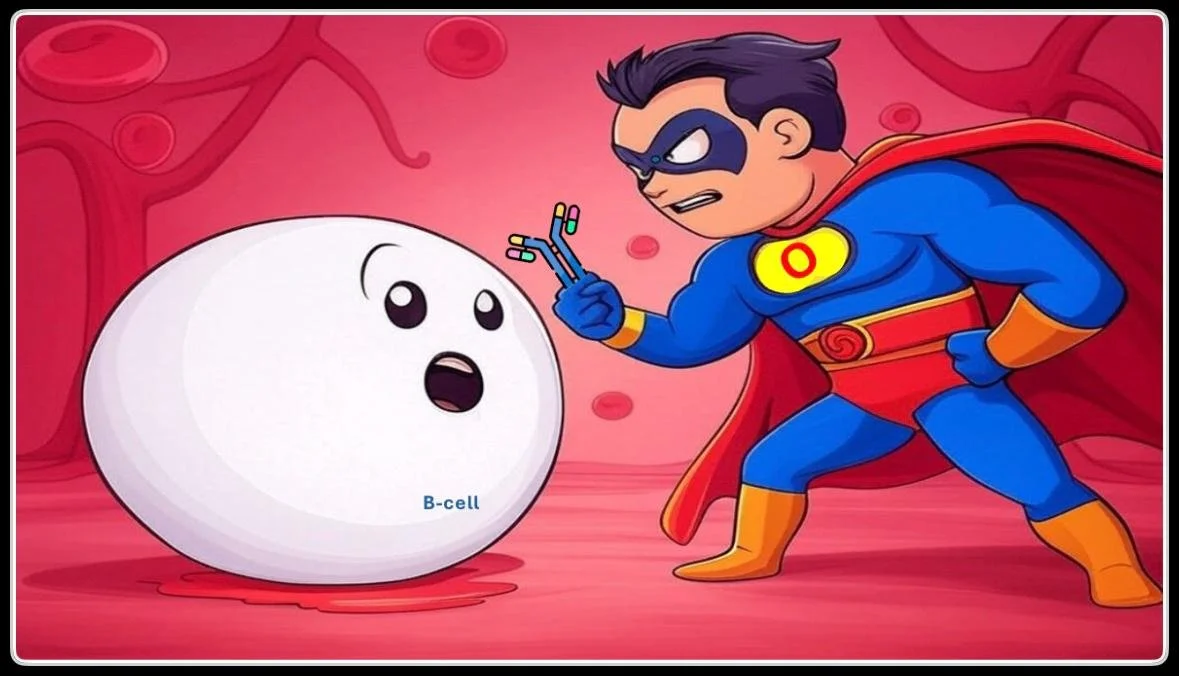from NephJC live to the Lancet
You might remember Perry Wilson, the young dapper nephrologist from Yale who presented his trial on AKI alerts at NephJC live a few months ago. He was tweeting as @nephrolalia - and has now renamed and rebranded himself as @methodsmanmd, which is quite apt given his recent blog posts and succinct and snappy videos up at MedPage Today.
More notably, the data he presented at #NephJC live has been published today - with some great additional analyses, in the Lancet. We sure know how to pick winners - so the next time we come calling, pick up the phone!


















